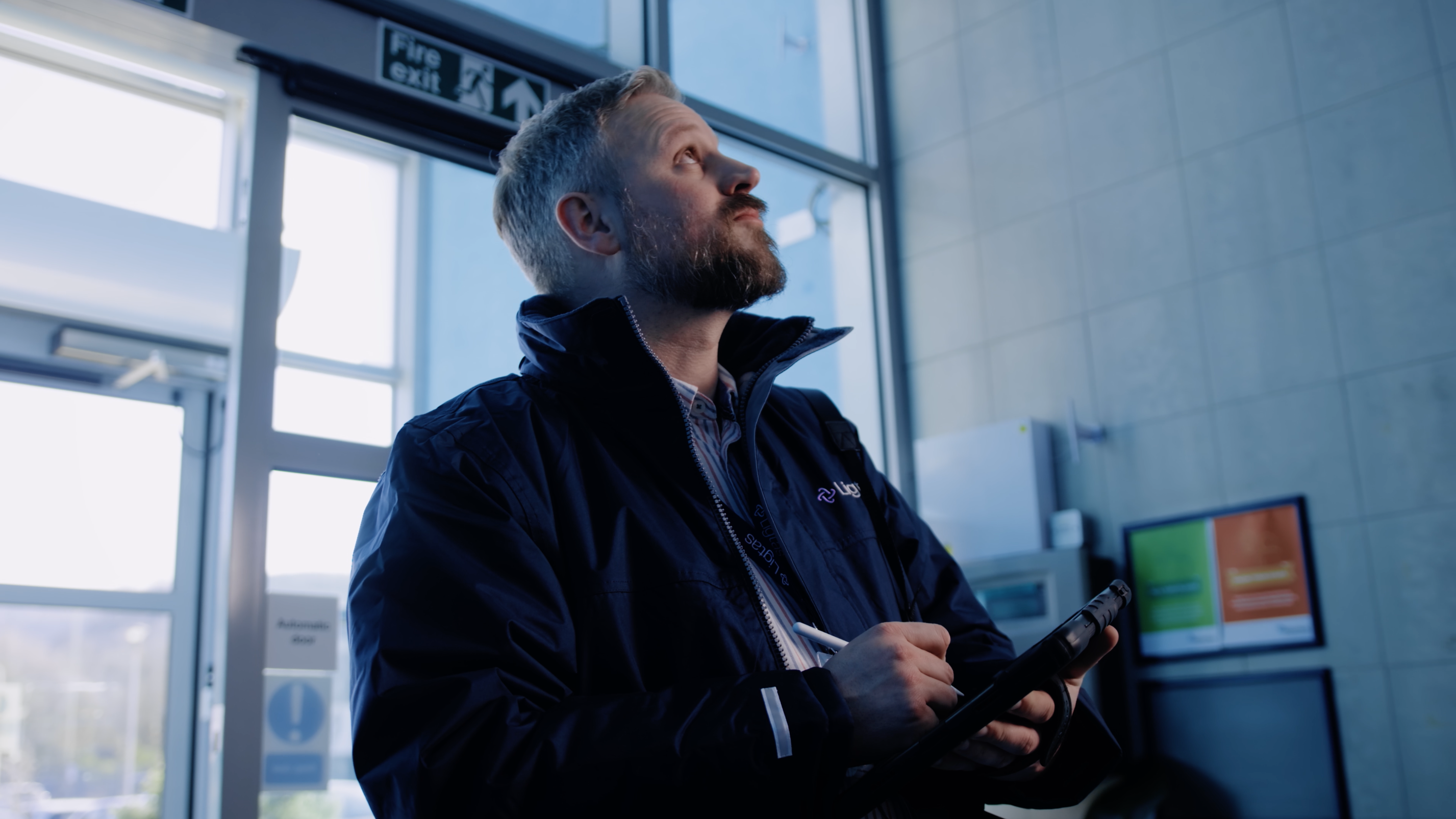We are recruiting - check out our Careers page!
News
& Insights
News & Insights
Stay Informed. Stay Protected.
At Ligtas, we believe that knowledge is a powerful tool in creating safer workplaces and communities. Our News & Insights hub is your go-to source for expert analysis, industry updates, technical articles, company news, and thought leadership on health and safety compliance.
Whether you're looking for the latest regulatory changes, best practices in fire safety, health and safety compliance tips, or insights from our experts, you'll find valuable resources to help you stay ahead.
News & Insights




